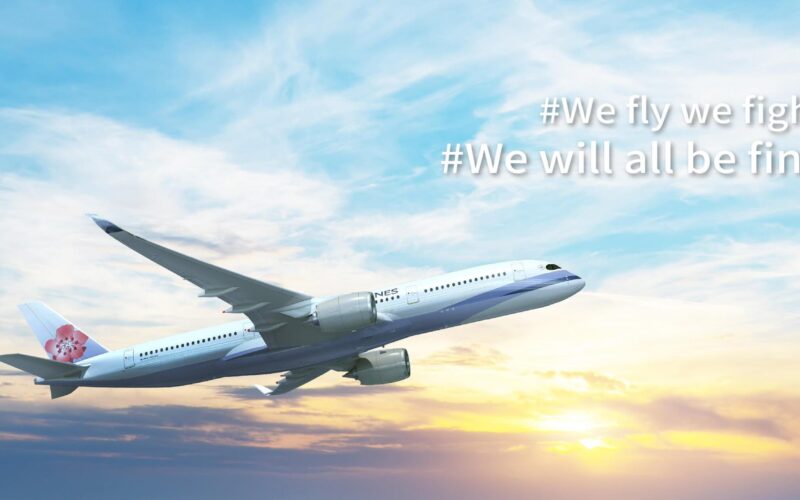Since the beginning of this year, COVID19 has been breaking out in most countries worldwide, except Taiwan. The island has attracted worldwide attention for its success in preventing epidemics. However, the aviation industry on the island has not been spared from the impact of the epidemic.
Taiwan’s Civil Aeronautics Administration (CAA) has recently announced its six national airlines’ first half-year operating results. Like the tourism industry, the airline industry has been severely affected by the epidemic, which has recorded a total loss of NTD 5.4 billion (USD184.77 million). Among the six, StarLux Airlines, which started operation in late January this year, lost more than 1.31 billion yuan, almost the same as that of China Airlines, Taiwan’s flag carrier.
In the first half of this year, international and domestic flights were reduced by more than 90 percent due to the global outbreak. The 2 major Taiwanese carriers, China Airlines and Eva Air suffered the most significant impact. According to CAA, China Airlines suffered an accumulated loss of NTD 1.313 billion (USD 45 million) in the first half of the year, while Eva Air recorded an accumulated loss of NTD1.83 billion (USD 62.8 million).
The start-up StarLux Airlines underwent a loss of more than NTD1.31 billion in the first half of the year, almost the same as China Airlines, though it has only three aircraft and around 1,000 employees. StarLux spokesman Nieh Kuo-wei said: “StarLux has more employees than the other smaller-scale local airlines such as Uni Air, Mandarin Airlines and Tiger Airways. With the fixed expenses of the salaries, warehouse, and maintenance facility under construction in the circumstances of less revenue, the loss will naturally be higher. Still, it will not affect Star’s operations.”
Taiwan’s Minister of Transportation and Communications Lin Chia-Lung said that when he first discussed the concern with the airlines, they expected a loss of tens of billions of NTD. But now the actual loss of around 1-2 billion NTD is much smaller than expected, and the country’s aviation is coping pretty well compared with others.
He also stressed that this is because the government’s financing and relief measures for domestic airlines have affected, as well as the airlines’ adjustment to compensate losses from passenger section with cargo business revenue, which has led to a significant reduction in losses.

